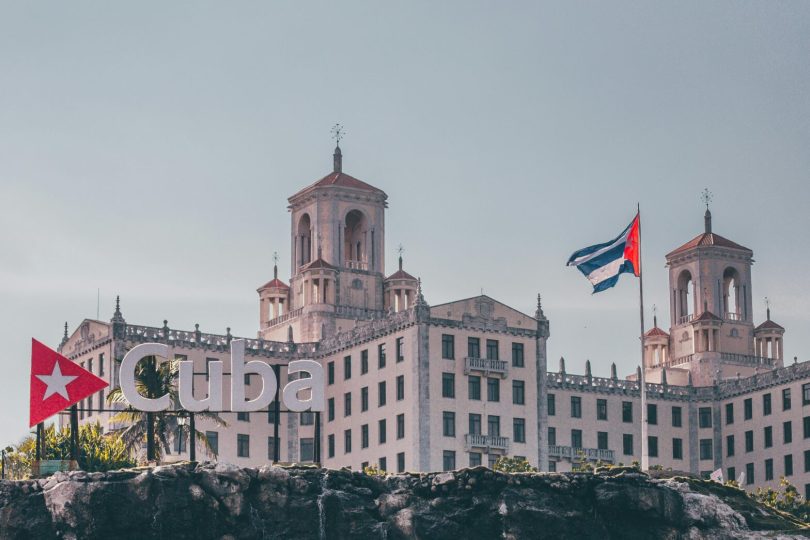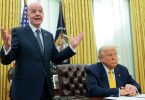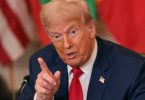President Donald Trump has signed a new memorandum imposing tighter restrictions on Cuba, taking direct aim at tourism and economic practices that benefit the Cuban government and military. The White House announced that it would enforce an existing statutory ban on American tourism to the Caribbean island more stringently through regular audits and mandatory record-keeping requirements.
This move reverses several policies implemented by the Biden administration that eased U.S. pressure on the Communist-run country. The memorandum also prohibits U.S. citizens from doing business with GAESA, a powerful conglomerate run by the Cuban military that owns many hotels across the island.
Trump’s administration stated the policy aims to foster “a free and democratic Cuba” while addressing what it describes as “the Cuban people’s long-standing suffering under a Communist regime.” Per BBC News, Cuban Foreign Minister Bruno Rodríguez responded by calling the memorandum an act that “strengthens the aggression and economic blockade that punishes the whole Cuban people and is the main obstacle to our development.”
What Changes For American Travelers
While the tourism ban itself isn’t new, having been in place for over 60 years, the enforcement mechanisms are receiving a significant upgrade. U.S. citizens traveling to Cuba must now maintain records of all travel-related transactions for at least five years, and these transactions will be subject to regular audits.
The 12 authorized travel categories, including family visits, educational activities, humanitarian projects, and “support for the Cuban people,” technically remain in place for now. The memorandum, officially called NSPM-5, builds on measures Trump implemented during his first term and in recent months. Shortly after beginning his second term, Trump reinstated Cuba’s designation as a state sponsor of terrorism, which President Biden had lifted just days before leaving office.
This hard-line approach toward Cuba has strong backing from the Cuban-American community in the U.S. However, Trump’s decision to end Temporary Protected Status for Cubans has caused disappointment among many Cuban-Americans.










